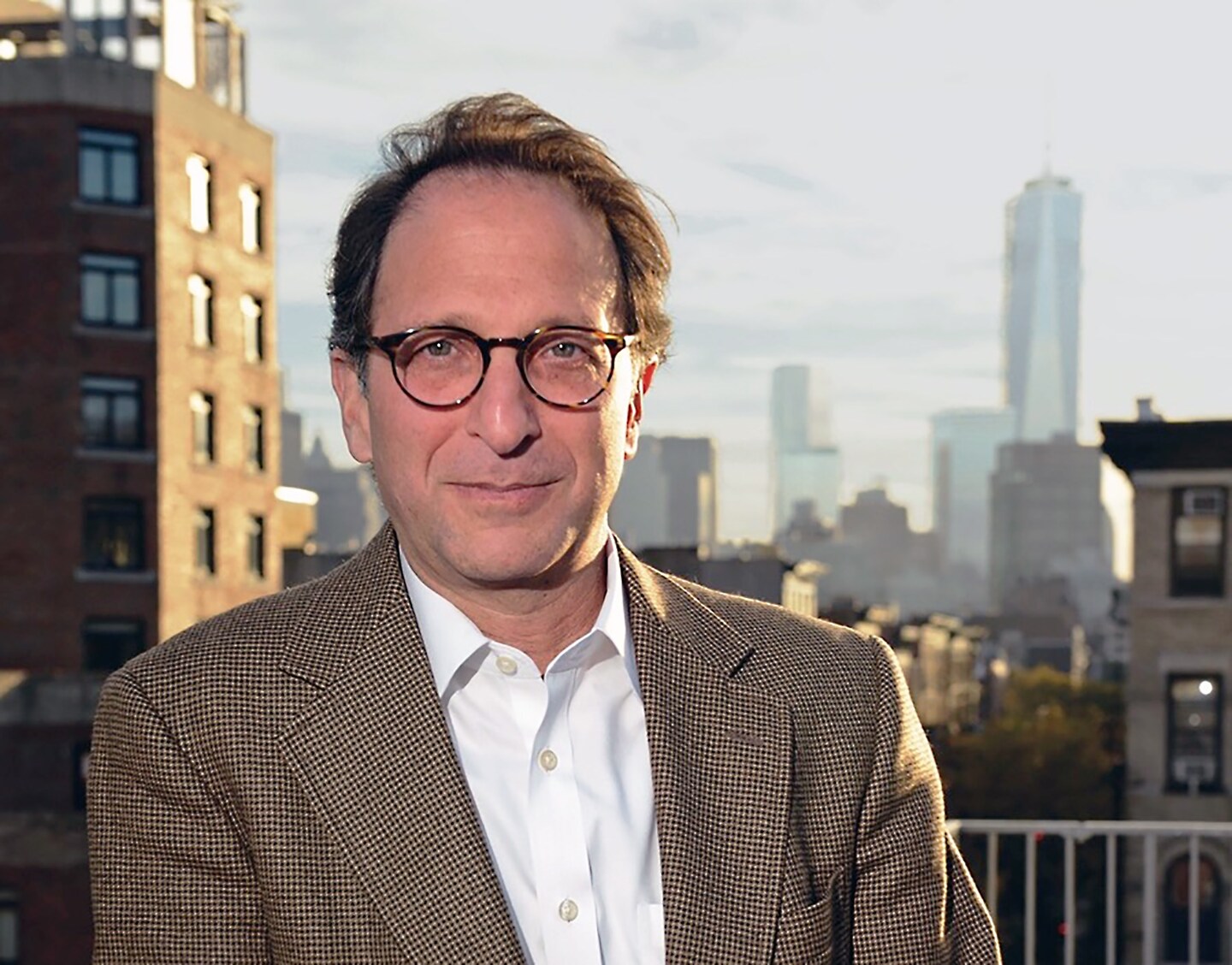Andrew Weissmann’s book is a public betrayal of Mueller

Weissmann shares his views on some difficult questions that arose during the investigation, such as whether to subpoena the president to testify before the grand jury and whether to reach a conclusion on whether Trump obstructed justice. Weissmann says his colleagues — particularly Aaron Zebley, Mueller’s top deputy — should have taken a more assertive approach, and accuses them of being overly cautious. Others — including Mueller, Weissmann’s boss — ultimately disagreed with Weissmann’s views.
It’s impossible to know from the outside who had the better of those arguments. Making an informed judgment requires being immersed in an investigation, understanding the still nonpublic grand jury materials and weighing the positions of colleagues. Career professionals acting in good faith will inevitably disagree about the best way to proceed.
I’ve been in many similar meetings, debating the pros and cons of various investigative moves. I’ve even had colleagues accuse me of being too cautious. But given the immense power that prosecutors wield, some degree of restraint is in order — especially when a president is involved. What one prosecutor may see as excessive caution, another will see as the prudent exercise of prosecutorial discretion.
Mueller issued a brief statement the day the book was released, defending the investigation and saying that Weissmann’s criticisms were “based on incomplete information.” But other than that, Weissmann’s colleagues probably will not speak up and defend themselves because they respect the privacy that should surround their internal deliberations. That means the public will largely hear one side of those debates: Weissmann claiming how much better it would have been if things had been done his way. And, hearing one side, many will just assume he was right.
It’s always easy to look back, knowing what we know now, and criticize decisions that had to be made in the heat of battle. For example, had Mueller and his team known that Attorney General William P. Barr was going to mislead the public about Mueller’s findings and whether Trump obstructed justice, they no doubt would have done some things differently.
But no one should assume that a more aggressive prosecutorial stance is necessarily correct, or that Weissmann’s approach would have led to better results. In the abstract, it’s great to sound tough, like a “take no prisoners” kind of prosecutor. Weissmann clearly relishes portraying himself this way; more than once he refers to himself as a Gen. Ulysses S. Grant opposing Zebley’s “timorous [Gen. George B.] McClellan.” But history is full of cases where prosecutors pursuing overly bold tactics led to very bad outcomes.
Weissmann himself was involved in one well-known example: the prosecution of the Arthur Andersen accounting firm for obstruction of justice related to Enron. The firm was convicted after prosecutors, including Weissmann, successfully pushed for pro-government jury instructions that effectively eliminated the requirement of corrupt intent. The Supreme Court unanimously reversed that conviction, faulting those instructions — but not before the company was driven out of business, costing tens of thousands of innocent employees their jobs.
I have no patience for Weissmann’s Monday-morning quarterbacking, or for his willingness to throw colleagues under a bus for not agreeing with him. We don’t want prosecutors in politically charged cases holding back during internal deliberations for fear of being criticized in a book, or to feel as if they should always pursue the most aggressive option, lest they risk being attacked. And it’s hard to see this book as anything other than a public betrayal of Mueller, a man Weissmann purports to revere.
But this is about more than Weissmann trashing his colleagues. It appears he was careful not to violate Rule 6(e) of the Federal Rules of Criminal Procedure, which protects the secrecy of grand jury proceedings — although he certainly at least walks right up to the line in a few instances. But it’s impossible to write a behind-the-scenes book like this about a grand jury investigation without violating at least the spirit of that rule. Grand jury secrecy exists for good reasons; it protects not only the integrity of investigations but also the privacy of witnesses and the reputations of those who may be investigated and ultimately not charged. All of these interests potentially suffer when a prosecutor goes public like this.
The dirt Weissmann is dishing may sell a lot of books, but I think it’s unseemly and unwise. Prosecutors should speak to the public through the indictments they bring — or, in the case of a special counsel, through their reports. Weissmann rightly criticizes Barr and the Trump administration for shattering multiple norms related to the independence of the Justice Department. It’s ironic that Weissmann, by writing this book, has himself violated the norms about how prosecutors should behave.
Read more:






